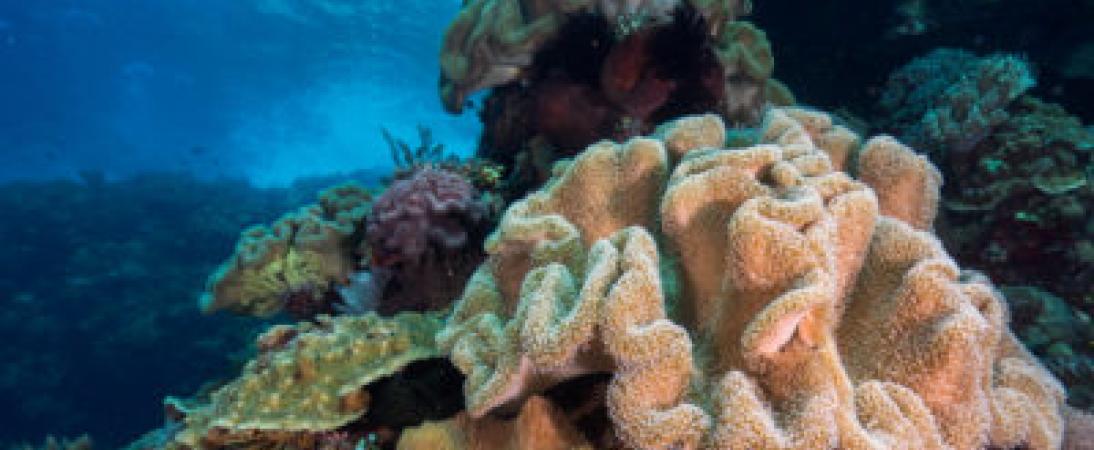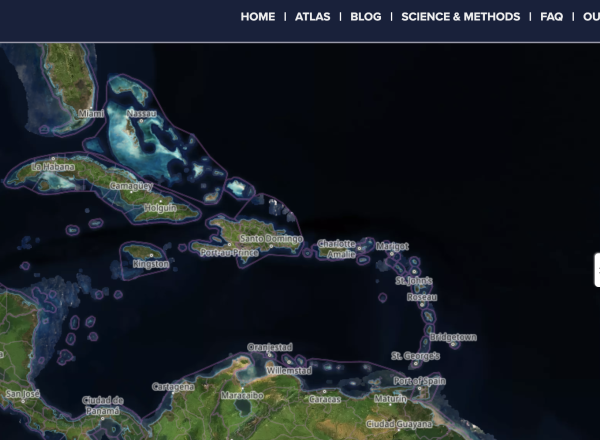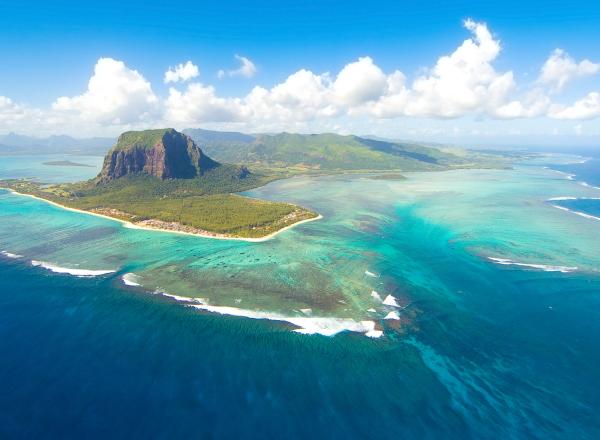Innovations

Coral Reef Restoration
Incentivizing tourists to perform restoration work
Tourists are incentivized to participate in coral reef restoration projects using an underwater augmented reality glass, providing for a richer experience. Through the augmented reality glass, tourists are able to identify underwater species, including corals. As an incentive, they receive rewards such as discounted hotel prices and holiday packages when they plant corals. Through their work, scientists are provided with on-site remote data and information of ongoing coral health. In turn, the cost of paying divers to plant corals is reduced and money is generated to directly support reef conservation efforts.
The problem
Coral reefs cover just 0.1% of the ocean, but they support 25% of all marine species on the planet and the livelihoods of over 100 million people worldwide. In both the Seychelles and Mauritius, reef-related fisheries are not only a key sector of the economy, but they provide the primary protein source and livelihoods for many island communities. About half the world’s shallow water coral reefs are already gone, and without urgent action to address climate change, pollution, overfishing and destructive coastal development, these life-sustaining natural wonders could become extinct.
The solution
Corals and the associated marine ecosystem have generated global tourism wealth. More than 70 countries have reefs that generate more than $1million/km² annually. There is a large opportunity to return that value directly back to coral reefs. Through a collaborative effort with various ministries in Seychelles and Mauritius and support from the UNDP GEF Small Grants program, a business model has been developed to incentivize tourists to perform restoration work during their holiday using an underwater augmented reality glass that provides them with educational information and at the same time provides scientists with in situ data on coral reef health.
How it Works
An underwater augmented reality glass provides extra experience to tourists while they participate in coral planting–tourists can learn about underwater species, including reef fish and the corals themselves. The augmented reality glass loads the actualized local reef map and displays additional information such as coral health for tourists and provides data to scientists working.
Goals
- To enforce business models that support the reinvestment of tourism revenue to restore corals.
- Replant corals faster than they deteriorate to maintain tourism economies and marine ecosystem health.
- Help sustain the economy of heavily tourism dependent countries like the Bahamas, Caribbean Islands, Mauritius, Seychelles and Maldives.
- Promote economic feasibility of coral plantation: decrease the cost of coral plantation which is currently at $173 Million USD per day with a payrate of 10 USD per hour and would require 720,000 divers.
- Introduce a new points system (cryptocurrency) to be adopted by institutions like hotels, airline companies and holiday package providers. ‘Plant more corals, earn holiday points’.
Challenges
- Currently, there is not enough ready satellite imagery to assist in real time coral health monitoring
- Airborne monitoring like satellites help to some extent but this not precise or sufficient. Underwater hyperspectral imaging will be needed.
Impacts to Date
To date, only a prototype has been developed. However, there has been positive feedback from the Mauritius Institute of Oceanography at Albion, Mauritius. They have agreed to assist with their expertise and marine data collection.
What's Next
The AR glass is still a prototype that needs to be tested in open oceans and near corals. Tourists are willing to get the glass and eager to perform the plantation process. This technology has the potential to be replicated in other countries if the country already has a flourishing tourism industry. If so, then there are enough visitors and fishermen from the home country itself can even participate in the replantation process. However, corals in the Pacific Ocean like in Palau, Fiji (dangerous islands) are to be avoided since the corals grow at deeper levels in the ocean. It is recommended that this innovation be developed in islands with a strong tourist economy such as Mauritius, Seychelles, Maldives, Bahamas, Barbados, Grand Cayman and Curacao. Challenge for replicability is that it will need to be scalable, cheap and result in zero electronic debris
More information
Interview conducted with Oushesh Haradhun.
For more information please visit https://conservationx.com/project/id/389/coralreefrestoration.

